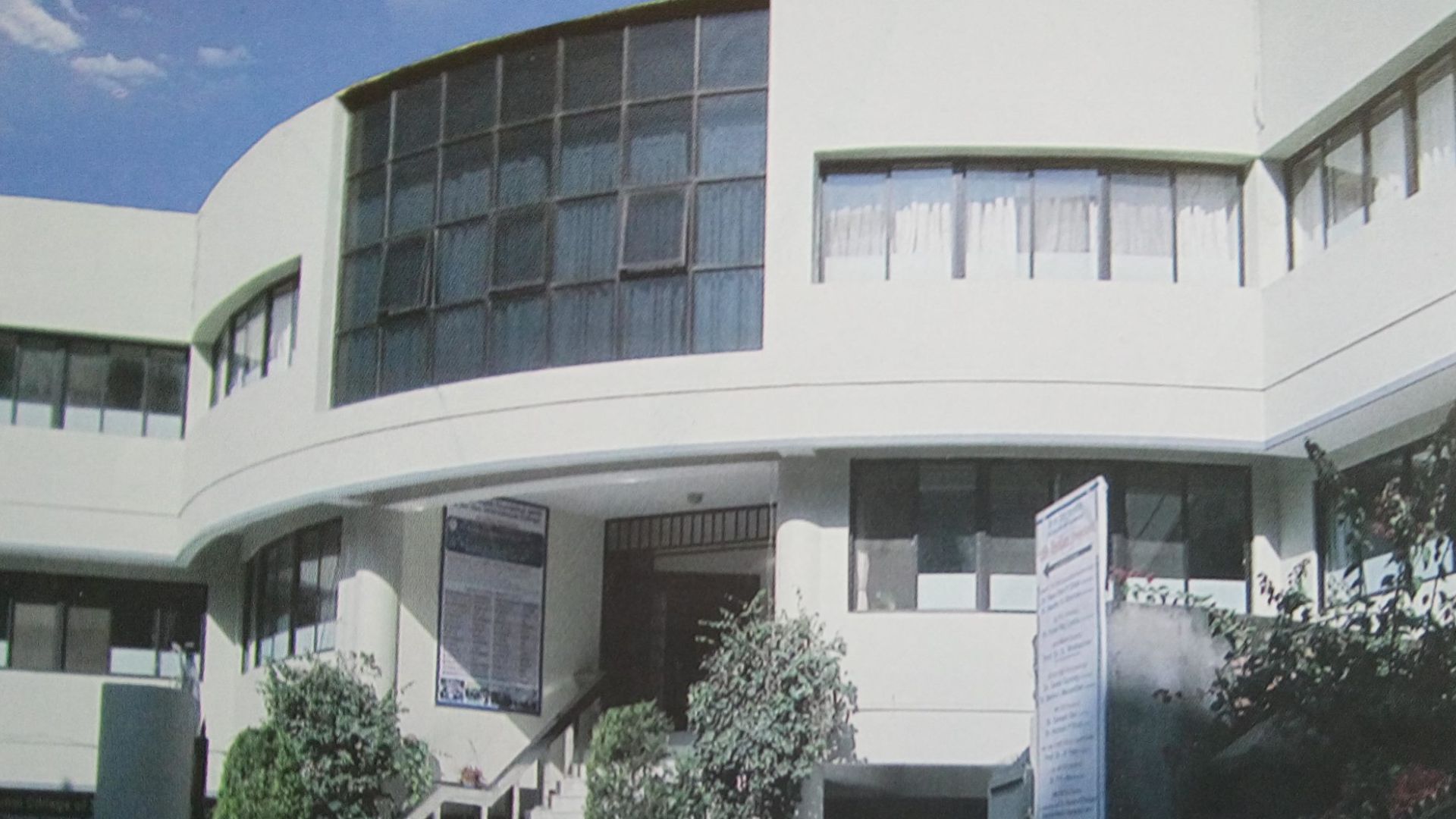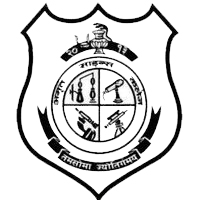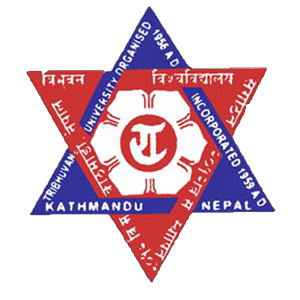Overview
BSc Microbiology at Shi-Gan International College of Science and Technology
BSc Microbiology at Shi-Gan International College of Science and Technology (SICOST), Maharajganj, Kathmandu, is a four-year Tribhuvan University (TU) programme that focuses on the scientific study of microorganisms and their role in health, environment, and industry. The course falls under the Institute of Science and Technology, which regulates the curriculum and examination system for BSc programmes across TU.
SICOST functions under the Shi-Gan Health Foundation, an organisation known for health services, laboratory work, and health science education, including programmes such as medical laboratory technology and postgraduate microbiology. This background gives BSc students a learning space that stays close to real laboratory practice, clinical diagnostics, and ongoing research in infectious diseases and public health.
The college lies at Narayan Gopal Chowk, along the Chakrapath corridor, near major hospitals and diagnostic centres in Maharajganj. For you as a student, that means your classroom and laboratory learning sit quite close to places where microbiology is part of daily work, from antibiotic sensitivity testing to food and water quality assessment.

Highlights
-
Four-year, 2000-mark BSc Microbiology programme under Tribhuvan University, Institute of Science and Technology.
-
Single-discipline college focusing on microbiology at both bachelor’s and master’s levels.
-
Strong linkage with Shi-Gan Health Foundation, which runs health laboratories and advanced microbiology education.
-
Teaching connected to ongoing research; recent peer-reviewed articles list the Department of Medical Microbiology, SICOST, as an affiliation in national and international journals.
-
Location close to teaching hospitals, diagnostic labs, and research bodies in Kathmandu, offering exposure to real microbiology work.
Curriculum Details
Tribhuvan University runs BSc Microbiology as a four-year programme under the annual system, carrying a total of 2000 marks. The IoST course of study specifies both theory and practical components across all four years.
The curriculum moves from basic concepts to applied fields:
-
First-year courses introduce general microbiology, including the history of the subject, classification of microorganisms, microbial structure, growth, and metabolism.
-
Later years bring medical microbiology, immunology, virology, environmental and industrial microbiology, food and agricultural microbiology, and microbial genetics.
-
Each theory paper is linked with practical work, where students learn culture techniques, staining, biochemical tests, and other core laboratory skills.
IoST’s official course of study sets out General Microbiology (MB 101) as a major paper in the first year, with 150 lecture hours, reflecting the importance of a strong conceptual base before students move to specialised subjects.
At SICOST, this curriculum is taught in an environment where faculty and students also contribute to research on topics such as antimicrobial resistance and opportunistic infections, which helps connect classroom content with current issues in microbiology.
Objectives
BSc Microbiology at Shi-Gan International College of Science and Technology aims to help students:
-
Build clear conceptual understanding of microorganisms and their interactions with humans, animals, plants, and the environment.
-
Develop laboratory skills that match the expectations of clinical, industrial, and research laboratories in Nepal and abroad.
-
Learn to read, interpret, and discuss scientific literature in microbiology and related fields.
-
Understand basic principles of infection, immunity, disease transmission, and control measures in public health.
-
Prepare for further study in fields such as MSc Microbiology, public health, biomedical research, biotechnology, and related disciplines.
Scope
Microbiology plays a central role in clinical diagnostics, infection control, vaccination, pharmaceutical development, food safety, and environmental monitoring. Graduates from TU-affiliated BSc Microbiology programmes work in hospital laboratories, government health institutions, pharmaceutical companies, food and beverage quality control units, and environmental testing facilities.
For you as a learner, this course opens pathways towards laboratory-based roles and research-focused study. The presence of active microbiology research groups at Tribhuvan University and partner institutions, including Shi-Gan Health Foundation and the Central Department of Microbiology, shows that this field continues to grow in Nepal.
Learning Outcomes
By the end of the BSc Microbiology course at SICOST, students are expected to:
-
Explain core concepts of general, medical, environmental, and industrial microbiology.
-
Handle microscopes, culture media, incubators, and other basic laboratory equipment safely and effectively.
-
Perform common microbiological procedures such as inoculation, staining, isolation of pure cultures, biochemical identification, and antimicrobial sensitivity testing.
-
Record, analyse, and present experimental data in a clear, structured format.
-
Follow biosafety principles in handling infectious materials and chemical reagents.
-
Communicate scientific ideas through written reports, presentations, and group discussions.
Skill Development Modules
Laboratory work forms a large part of BSc Microbiology under the IoST curriculum. At SICOST, students gradually develop skills through:
-
Basic laboratory orientation, including safety rules, handling of glassware, and waste management.
-
Culture and isolation techniques for bacteria, fungi, and other microorganisms.
-
Staining methods such as Gram staining, spore staining, and special stains used in medical microbiology.
-
Biochemical tests for identification of bacterial species.
-
Preparation and standardisation of reagents and culture media.
-
Introduction to simple molecular methods, as specified in the TU course of study.
These skill modules prepare students for higher-level work in hospital labs, research projects, and postgraduate study.
Teaching Methodology
Teaching in BSc Microbiology typically follows the structure laid out by IoST, which combines theory and practical components for each major subject.
At SICOST, you can expect:
-
Classroom lectures for conceptual clarity and coverage of the TU syllabus.
-
Regular practical classes in microbiology laboratories.
-
Tutorials and problem-solving sessions to work through exam-style questions.
-
Journal clubs or seminar presentations, especially in later years, to introduce students to current research.
-
Field visits or educational tours to clinical and industrial laboratories, depending on academic planning for the session.
Because SICOST staff are involved in research projects on antibiotic resistance and opportunistic infections, students also gain exposure to real research data and study designs.
Admission Requirements
Admission to BSc Microbiology at Shi-Gan International College of Science and Technology follows Tribhuvan University and IoST rules. In broad terms, applicants must:
-
Complete Ten Plus Two (Science) or an equivalent examination with Biology from a recognised board such as NEB or a board accepted as equivalent by TU.
-
Meet the minimum grade or percentage set by IoST for BSc science programmes for the given academic year.
-
Sit for the IoST BSc entrance examination, which uses a standard format announced through IoST notices and model question documents.
Exact eligibility, entrance dates, and application procedures are published each year by IoST and the college. Students and parents should always refer to current notices from TU and SICOST before applying.
Career Opportunities
After completing BSc Microbiology at SICOST under Tribhuvan University, students commonly move into:
-
Clinical microbiology and diagnostic laboratories in hospitals and health institutions.
-
Public health laboratories involved in disease surveillance and outbreak investigation.
-
Pharmaceutical and biotechnological production units, especially antibiotic and vaccine-related work.
-
Food and beverage industries, where microbiological quality control is mandatory.
-
Environmental and water quality testing laboratories.
-
Research assistant roles in universities, research councils, or non-governmental organisations working in health and environment.
Many graduates also continue towards MSc Microbiology or other postgraduate degrees in Nepal and abroad, using BSc Microbiology as a base for research careers.
Scholarships and Financial Aid
Scholarships for science students in Tribhuvan University programmes operate under guidelines issued by IoST and other relevant bodies. IoST publishes a scholarship directive that sets out basic rules for scholarship distribution in its programmes.
Students interested in BSc Microbiology at SICOST should visit the college office or contact the administration to confirm:
-
Current scholarship schemes available for BSc Microbiology.
-
Criteria based on academic performance or financial need.
-
Application deadlines and required documents.
Policies can change from one academic year to the next, so it is safer to rely on the latest written notices rather than older information.
Why Choose BSc Microbiology at Shi-Gan International College of Science and Technology?
BSc Microbiology at SICOST offers a focused academic setting for students who are serious about microbiology and health science:
-
The college specialises in microbiology at both bachelor’s and master’s level, which keeps teaching, lab facilities, and mentoring strongly centred on this discipline.
-
The link with Shi-Gan Health Foundation connects students to a wider network of clinical laboratories and health science programmes.
-
Faculty and associated researchers contribute to studies on antibiotic resistance and opportunistic infections, giving students a chance to see how microbiology supports evidence-based health practice.
-
The location at Narayan Gopal Chowk, Maharajganj, lies close to major hospitals and health institutions in Kathmandu, which is helpful for educational visits, internships, and future job searches.
If you plan to build your future in clinical, public health, or applied microbiology, this combination of TU curriculum, active research environment, and health-sector linkage can support both your academic growth and your career planning.
Conclusion
BSc Microbiology at Shi-Gan International College of Science and Technology offers a four-year, TU-recognised pathway into the scientific study of microorganisms, taught in a setting closely connected to health services and laboratory practice. The course follows the official IoST curriculum and adds the advantage of a college culture built around microbiology and health science.
For Nepali students, parents, and educators looking for a focused science degree with strong laboratory grounding and clear links to real health-sector work, this programme provides a structured and academically credible option.
Frequently Asked Questions (FAQ)
1. What is the duration of BSc Microbiology at SICOST?
BSc Microbiology is a four-year bachelor’s degree under Tribhuvan University, Institute of Science and Technology.
2. Which university is the course affiliated with?
The course is affiliated with Tribhuvan University, a public university recognised by the Government of Nepal.
3. What background should students have at +2 level?
Students need a Ten Plus Two (Science) or equivalent qualification with Biology from NEB or an equivalent board and must meet IoST’s minimum grade requirements for BSc science programmes.
4. Is an entrance examination required?
Yes. Applicants must appear in the BSc entrance examination conducted under IoST rules for Tribhuvan University BSc programmes.
5. Can graduates apply for MSc Microbiology later?
Graduates who meet the required academic standards can apply for MSc Microbiology at TU or other universities, subject to each institution’s admission rules and entrance examinations.


-9075.jpg)




















